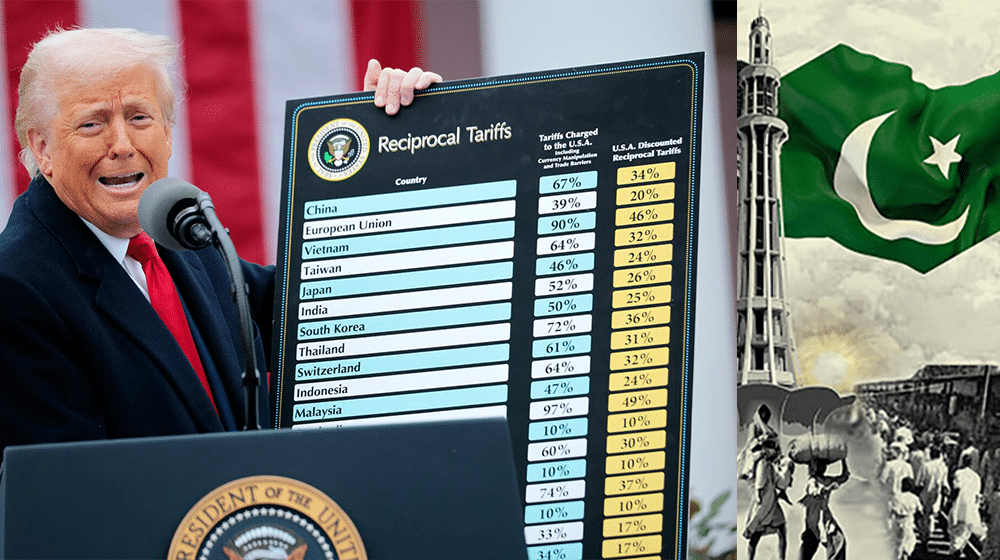
The Pakistan Institute of Development Economics (PIDE) has issued a stark warning that proposed reciprocal tariffs by the United States, later temporarily suspended, could severely impact Pakistan’s export sector, potentially leading to macroeconomic instability and significant job losses. In a policy note released on April 13, 2025, PIDE projects that these tariffs could result in an annual loss of $1.1-1.4 billion in exports.
“Trade is not a zero-sum game. It’s about shared value, about building connections that make both economies stronger. These proposed tariffs risk severing those ties,” said Dr. Nadeem Javaid, Vice Chancellor of PIDE. “We see this moment not just as a threat, but as a catalyst for course correction toward a more resilient, diversified, and strategic export future for Pakistan.”
The study, conducted by Dr. Muhammad Zeshan, Dr. Shujaat Farooq, and Dr. Usman Qadir, analyzes the consequences of a proposed 29% reciprocal tariff on Pakistani exports to the US. When combined with the existing 8.6% Most Favored Nation (MFN) tariff, the total duty could reach 37.6%, likely causing a 20-25% decline in exports to the US.
In fiscal year 2024, Pakistan exported $5.3 billion worth of goods to the United States, making it the country’s largest single-country export market. The textile sector, which forms a significant portion of these exports, would bear the brunt of the impact. Major exporters such as Nishat Mills and Interloop may be forced to reduce production, threatening more than 500,000 jobs.
PIDE recommends that Pakistan engage in high-level diplomatic efforts to highlight the mutual costs of the tariffs. The policy note points out that the US exported $181 million worth of cotton to Pakistan in 2024, a trade stream that could be disrupted by the tariffs.
For immediate action, PIDE suggests Pakistan consider reducing tariffs on select US imports, such as machinery, scrap metal, and petroleum, to create room for negotiation. Additionally, Pakistani firms could be encouraged to use more US-origin inputs like cotton and yarn to help maintain value chains and seek tariff exemptions.
In the long term, PIDE emphasizes the need to diversify both export products and markets. Emerging destinations such as the EU, China, ASEAN nations, Africa, and the Middle East offer growth potential in sectors like IT, halal food, processed foods, and sports goods.
The report notes that the proposed US tariffs exceed the WTO’s bound tariff ceiling of 3.4%, potentially violating multilateral trade rules. While legal recourse through the WTO remains an option, Pakistan’s limited fiscal resources may hinder such efforts.
PIDE also highlights the interconnected nature of global trade, using the US-Pakistan textile loop as an example, American cotton supplies Pakistani mills, which in turn export finished garments to the US. Disrupting this value chain would be detrimental to both countries.
Despite the challenges, PIDE views this situation as an opportunity for Pakistan to recalibrate its export strategy. With timely diplomacy, strategic policy reforms, and bold diversification efforts, Pakistan could emerge as a more competitive and resilient player in the global economy.
About the Author
Written by the expert legal team at Javid Law Associates. Our team specializes in corporate law, tax compliance, and business registration services across Pakistan.
Verified Professional
25+ Years Experience
